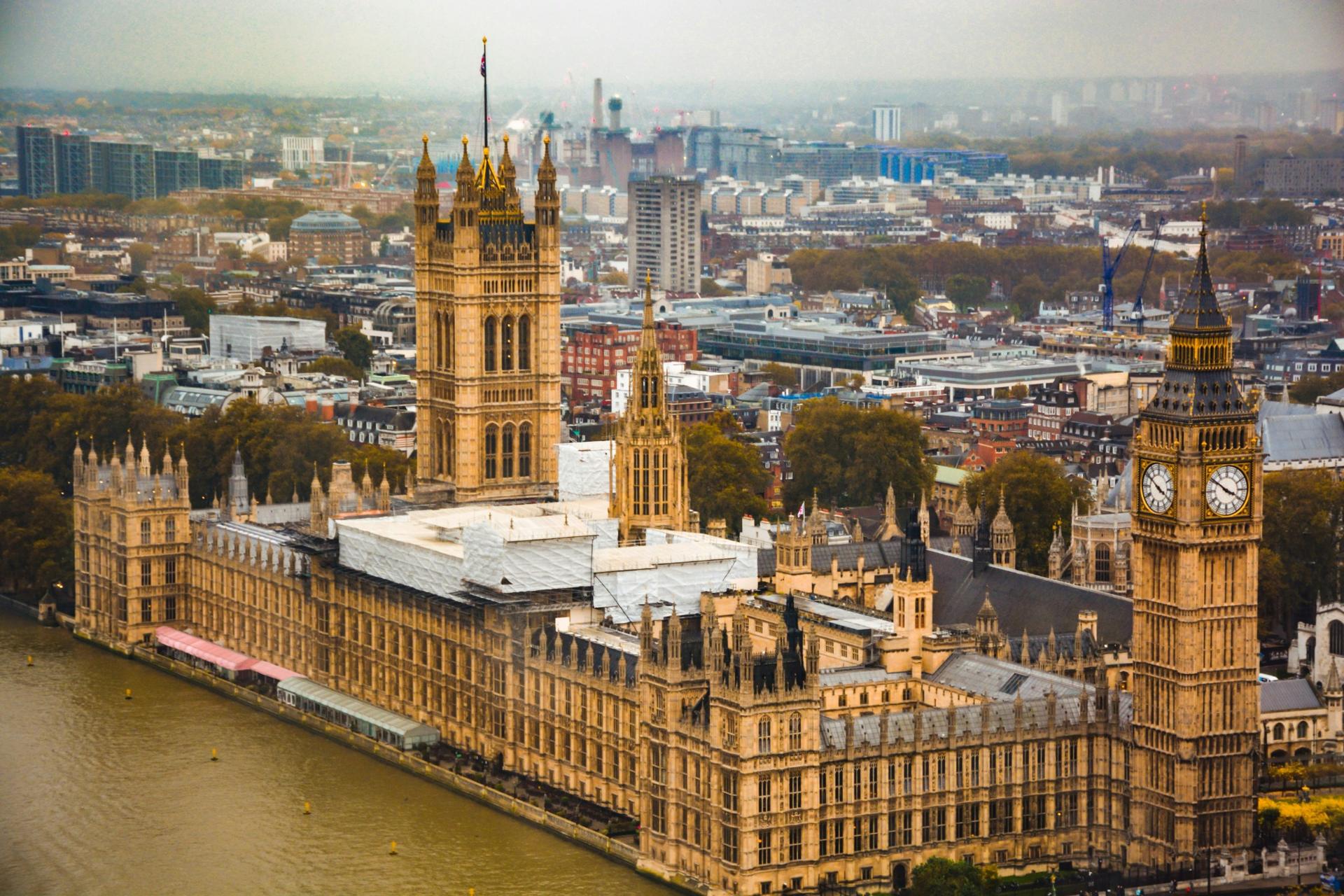The UK government has published its 2025 Spending Review, outlining major public funding allocations across clean energy, sustainable transport and infrastructure. The document sets out spending plans that cover around 40% of total public expenditure and signals key priorities for the current administration. Here’s what you need to know.
Energy security and cleaner energy
A “golden age of nuclear” was at the heart of the announcement, with £14.2 billion allocated to building Sizewell C – the UK’s first state-backed nuclear plant in over three decades. A further £2.5 billion will support the development of small modular reactors (SMRs), with Rolls-Royce SMR confirmed as the preferred bidder.
Fusion energy is also on the agenda, with a £2.5 billion investment over five years to support the STEP prototype in Nottinghamshire. Meanwhile, carbon capture, usage and storage (CCUS) received a significant boost, with £9.4 billion committed to projects including the Acorn and Viking clusters.
In support of the UK’s offshore wind ambitions, £80 million has been allocated to develop port infrastructure at Port Talbot – a key enabler for floating offshore wind deployment.
Warm Homes Plan: What’s happening next
After reports that funding could be cut, the Chancellor reaffirmed a previous commitment of £13.2 billion for the Warm Homes Plan between 2025–2030. This will support schemes that aim to reduce fuel poverty and improve energy efficiency in homes, via measures such as heat pumps, solar panels, batteries and insulation. Further details are expected by October 2025.
Transport decarbonisation
The government has also set out transport-related investments that support decarbonisation:
• £2.6 billion for electric vehicle uptake and charging infrastructure, including heavy goods vehicles (HGVs)
• £616 million for walking and cycling upgrades
• Continued support for sustainable aviation fuels
• Major investment in public transport, including £15.6 billion for city region transport, £2.3 for the Local Transport Grant and £10.2 billion for rail upgrades.
Industrial Strategy
The government is also expected to publish its long-awaited Industrial Strategy in June, which will set out plans to drive growth across the UK in key sectors including advanced manufacturing and clean energy industries. Over £3 billion has been allocated from 2026-27 to 2029-30 to support homegrown manufacture of zero emission vehicles, batteries and ultra-low and zero-carbon emission aircraft. We will update the Energy Advice Hub when we know more.
This article was last reviewed on 12th June 2025.














